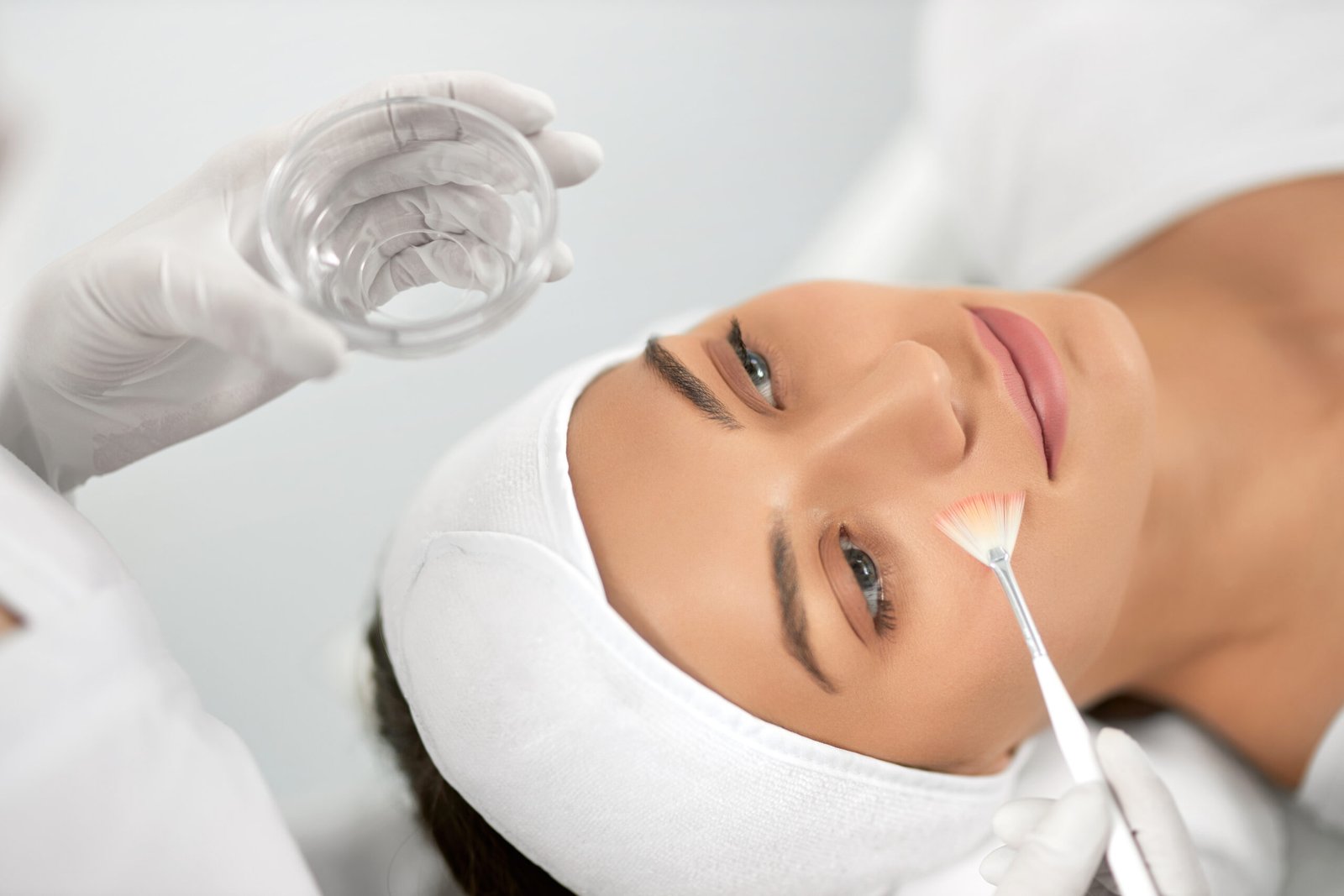
26 Jul Chemical Peeling As Pigmentation Treatment | Skin Clinic Penang
Unveiling smooth and radiant skin is a desire shared by many. However, various skin conditions, especially pigmentation issues, can hinder our journey toward achieving that flawless complexion. Fortunately, advancements in dermatological treatments have given rise to various effective solutions, with chemical peeling emerging as a popular choice. In this blog, we will explore the concept of chemical peeling as a pigmentation treatment and shed light on how it can help rejuvenate and restore the skin’s natural beauty.
Understanding Pigmentation
Before delving into the details of chemical peeling, it is essential to grasp the concept of pigmentation. Pigmentation refers to the color of our skin, which is primarily determined by a pigment called melanin. While melanin protects the skin from harmful UV radiation, its overproduction or uneven distribution can lead to various pigmentation disorders such as melasma, hyperpigmentation, and post-inflammatory hyperpigmentation (PIH).
What is Chemical Peel?
Chemical peeling is a dermatological procedure that involves applying a chemical solution to the skin’s surface, causing the outermost layer to exfoliate and eventually peel off. The process stimulates cell turnover, leading to the growth of new, healthier skin cells. This treatment is versatile and can address multiple skin concerns, including pigmentation irregularities, acne scars, fine lines, and sun damage.
How does Chemical Peel work?
When it comes to treating pigmentation issues, chemical peeling primarily functions through two essential mechanisms:
Exfoliation:
The application of the chemical solution causes controlled exfoliation, effectively removing the damaged and pigmented outer layer of the skin. This process reveals the fresher, more even-toned skin beneath.
Melanin Regulation:
Certain chemical peels, particularly those containing alpha hydroxy acids (AHAs) and beta hydroxy acids (BHAs), can regulate melanin production. By inhibiting melanin overproduction, the peels help fade dark spots and reduce hyperpigmentation.
Benefits of Chemical Peeling for Pigmentation Treatment
Improved Skin Tone
Chemical peeling reduces melanin overproduction, leading to a more even skin tone and diminished dark spots.
Enhanced Skin Texture
The exfoliating effect of chemical peels helps smoothen the skin’s surface, reducing the appearance of roughness and fine lines.
Boosted Collagen Production
Chemical peels stimulate collagen synthesis, leading to firmer, plumper skin.
Safe for Most Skin Types
Chemical peels can be tailored to suit different skin types and tones, making them a relatively safe option for pigmentation treatment.
Quick Procedure
Superficial peels can be performed relatively quickly, allowing individuals to resume their regular activities soon after treatment.
Conclusion
Chemical peeling has emerged as a promising and effective solution for pigmentation issues and become one of the popular pigmentation treatment. By harnessing the power of controlled exfoliation and melanin regulation, this treatment can help individuals achieve a smoother, more even-toned complexion. However, it is essential to consult with a qualified dermatologist before opting for chemical peeling, as each person’s skin is unique, and the right approach depends on individual factors. With proper care and professional guidance, chemical peeling can undoubtedly contribute to unveiling radiant, rejuvenated skin and boosting confidence like never before. If you’re considering chemical peel pigmentation treatment, A Klinik Signature will be the one for you. Whether you’re looking for skin rejuvenation, body contouring, or acne treatments, A Klinik Signature has a range of services to help you achieve your desired aesthetic goals. So why wait? Book your appointment today and take the first step towards a more confident and beautiful you!
Contact us today to get started. Click the button below!
Enjoyed this blog? For more blogs regarding skin treatments, check out our blogs!




Sorry, the comment form is closed at this time.